Scientists flash videos of brain development in fragile X
Scientists have for the first time captured a dynamic picture of brain defects in young mouse models of fragile X syndrome. The findings appeared in June in the Journal of Neuroscience.
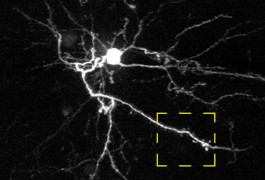
Scientists have for the first time captured a dynamic picture of brain defects in young mouse models of fragile X syndrome. The findings appeared in June in the Journal of Neuroscience.

Families affected by fragile X syndrome can let out a modest cheer this week: the largest-ever randomized trial of a drug to treat the syndrome has just cleared its second phase.
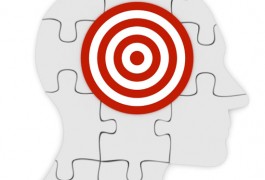
A decade of research on the biology of autism, combined with a steady rise in diagnoses, has finally piqued the pharmaceutical industry’s interest in developing drugs for the disorder. Preliminary data from one small clinical trial already show positive results, and results from several others are expected early this summer.
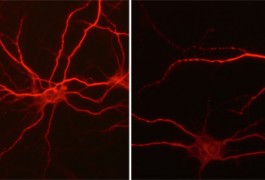
Microglia, brain cells that provide immune protection to neurons, may influence the onset and course of Rett syndrome, according to a study published in the Journal of Neuroscience.
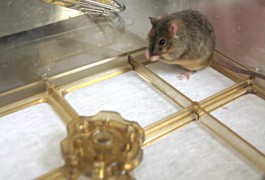
Researchers are tinkering with mouse models to investigate the function of a protein that helps wire neurons together and that has repeatedly been linked to autism. Three such reports of the protein, neuroligin-1, have appeared this year.
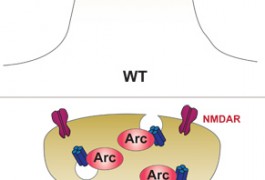
Two independent teams have discovered key molecular steps in the way a single gene disrupts the connections between neurons in individuals with Angelman syndrome. Because the gene, UBE3A, has also been linked to autism, the findings could help scientists understand and treat a range of neurodevelopmental disorders.
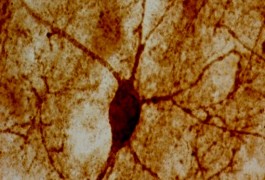
Researchers have found a higher density of several types of interneurons — nerve cells that connect sensory and motor neurons in the brain— in postmortem brain tissue from individuals with autism, compared with healthy controls. The findings appear in the February issue of Acta Neurologica Scandinavica.
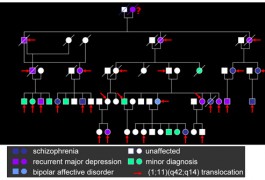
Several genetic and animal studies in the past year have found intriguing ties between autism and DISC1, one of the oldest candidate genes for psychiatric disorders.
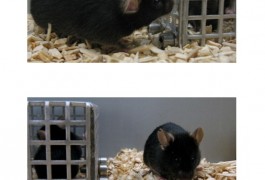
Two research groups have achieved an elusive goal: producing mouse models that show distinct social and behavioral abnormalities reminiscent of autism.
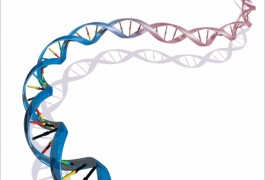
Fragile X syndrome is a rare and devastating condition, and a risk factor for autism. New research suggesting the condition is reversible in mice has some wondering whether treatments for the syndrome ― and for some forms of autism ― could be on the horizon.